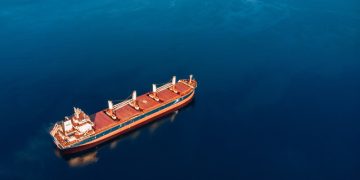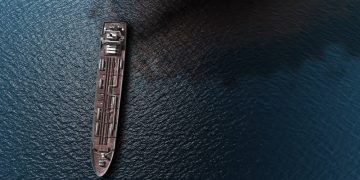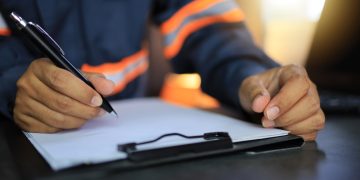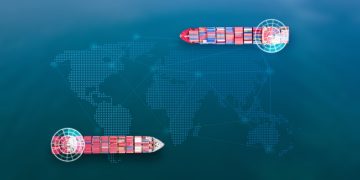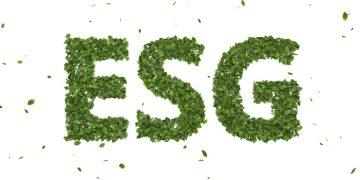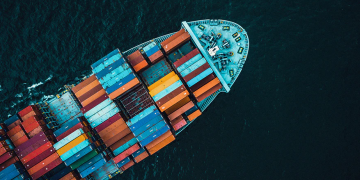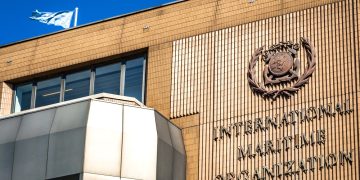Round Table associations believe the timing is not right for an MBM
Round Table associations positions on GHG+MBMs As it issues its latest position paper on greenhouse gases from ships and market-based measures (attached below), the Round Table of international shipping associations (RT) is of the view that Market Based Measures (MBMs) are not justified at this particular time.The RT fully supports the adoption at IMO of mandatory Energy Efficiency Design Index (EEDI) for new ships and the Ship Energy Efficiency Management Plan (SEEMP) for all ships. It is convinced that the SEEMP will allow shipowners to better gauge their energy consumption and thereby enhance existing operational efficiency, since fuel is the single highest operational cost factor and this fact alone has already induced ship-owners to become more energy efficient.In the event that Market Based Measures (MBMs) are eventually introduced to shipping by IMO, these should apply globally and should completely address the nine principles adopted by IMO, it says.If ultimately it is found that technical and operational measures cannot wholly meet the agreed reduction targets, then any funds generated by means of a globally applied MBM for shipping must be controlled by IMO, says the RT, and, in large part, be disbursed to support further technological development focused on energy efficiency ...
Read more




